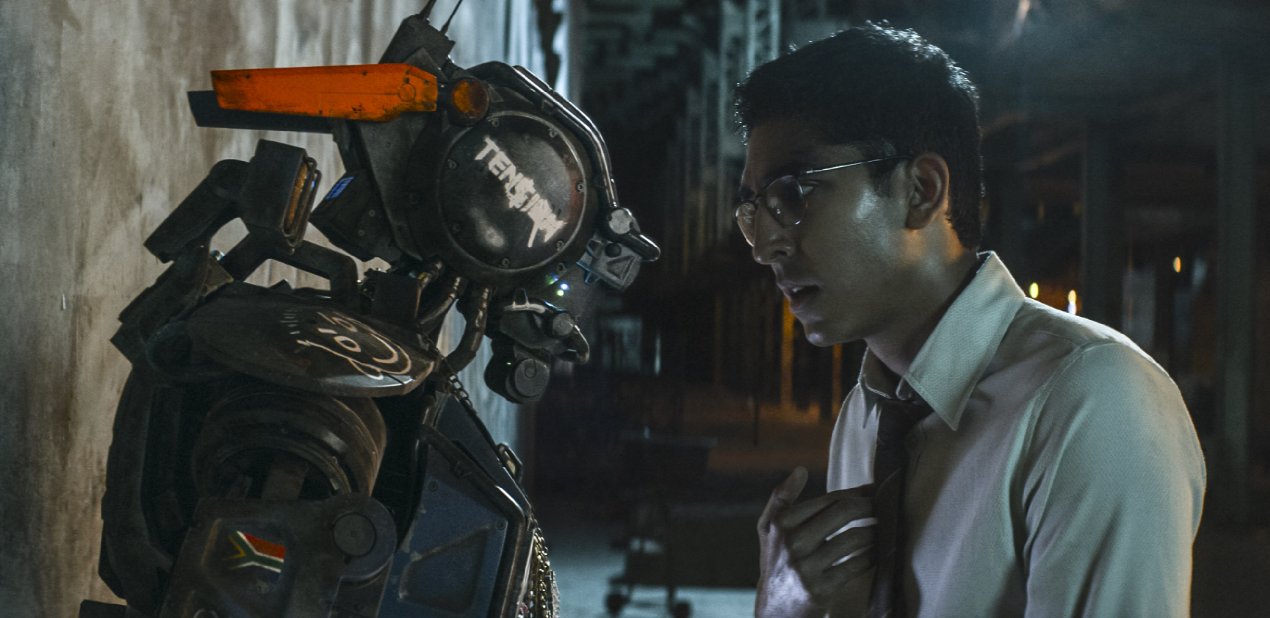Silence
Our century has made a religion of communication, enshrining the idea that we ought to be constantly on tap, endlessly engaged in some or other form of exchanging information and perpetually contributing our due quotient to the sum of nonstop chatter – as if communicating with each other were a moral good, and not merely.
